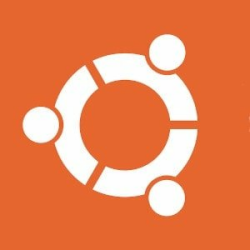It seems like you are encountering an issue connecting to your MySQL server on a custom port. Here's a step-by-step guide to troubleshoot and resolve the problem:
-
Verify MySQL Port Configuration: Ensure that your MySQL server is indeed configured to listen on port 3307. You can check this in your MySQL configuration file (usually
my.cnformy.ini). Look for theportdirective and confirm it is set to 3307. -
Check MySQL Server Status: Confirm that your MySQL server is running and reachable. You can do this by executing the following command:
mysqladmin -u root -p -h 127.0.0.1 -P 3307 statusYou will be prompted to enter your password. If the server is running, you should see information about the server status.
-
Adjust mysqldump Command: Update your
mysqldumpcommand to explicitly specify the port with the-Poption. Modify your command as follows:mysqldump -u root -p -P 3307 database > "path_to_dumpfile\database.sql"This ensures that
mysqldumpconnects to the MySQL server on the correct port. -
Check Firewall Settings: Confirm that your firewall is not blocking connections to port 3307. If necessary, adjust your firewall rules to allow traffic on the specified port.
-
Review MySQL User Privileges: Ensure that the MySQL user account you are using (
rootin this case) has the necessary privileges to connect to the MySQL server from the specified host (127.0.0.1).
After following these steps, try running the updated mysqldump command. If you encounter any further issues, review the error messages for more specific details and update your configuration accordingly.









